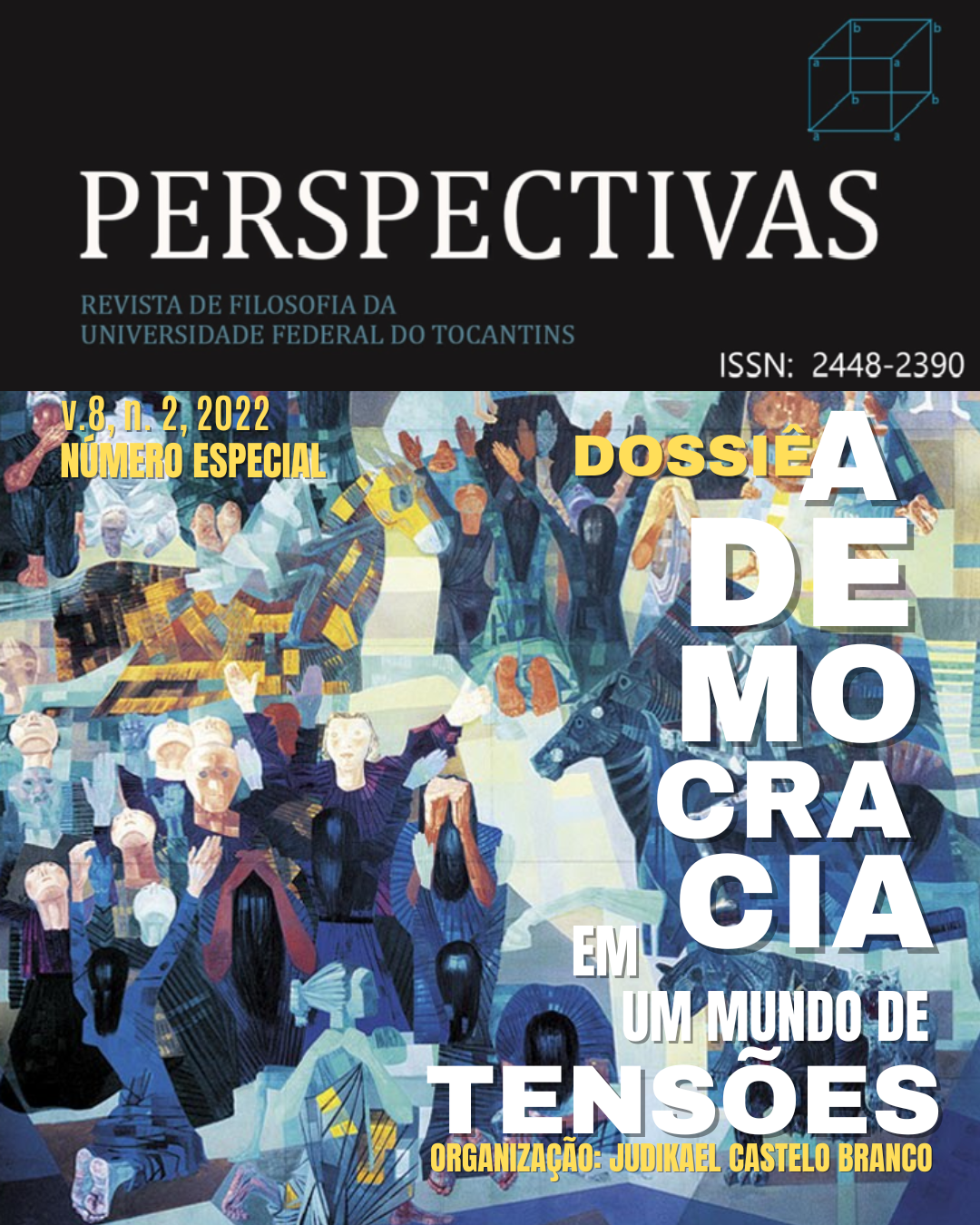Girard and necessary violence: Considerations in the scapegoat
DOI:
https://doi.org/10.20873.rpv8n2-83Keywords:
Violence, Sacrifice, ScapegoatAbstract
This article presents some considerations on the central role of the scapegoat in Girard’s reflection on the relationship between violence and the sacred. The author emphasizes how this figure, together with the concepts of mimicry and sacrificial crisis, contributes to the construction of an image of the world and an interpretation of human relations and public institutions. Girard’s symbolic analysis seems to draw heavily on tragic mythology, turning it into an interpretative paradigm. However, the article adopts a critical and skeptical approach to Girard’s theses, highlighting certain limitations of the proposed interpretative model. Starting from the description of the tragic hero, the path and stages that lead him to become an expiatory victim are analyzed in order to understand the ambiguous and deeply rooted nature of violence. Subsequently, the author examines the validity of the Girardian paradigm and identifies the weaknesses of the proposed interpretative approach. The aim of the article is to offer an in-depth reflection on the figure of the scapegoat and its impact on the understanding of violence and the sacred, constructively criticizing Girard’s theses and trying to determine their conviction and internal consistency.
References
FOUCAULT, M. Gli anormali. Corso al Collège de France (1974-1975). Trad. V. Marchetti e A. Salomoni. Milano: Feltrinelli, 2000.
GIRARD, R. Il capro espiatorio. Trad.C. Leverd. Milano: Adelphi, 1982.
GIRARD, R. La violenza e il sacro. Trad. E. Czerkl e O. Fatica. Milano: Adelphi, 1972.
SHAKESPEARE, W. Tutte le opere. A cura di M. Praz. Firenze: Sansoni, 1964.
Downloads
Published
How to Cite
Issue
Section
License
Copyright (c) 2023 Vincenzo Maimone

This work is licensed under a Creative Commons Attribution 4.0 International License.
The Magazine is under the Creative Commons Attribution 4.0 International Public License (CC BY 4.0), according to which:
1) The authors retain the copyright and grant the journal the right of first publication, with the work simultaneously licensed under the Creative Commons Attribution which allows the sharing of articles published with the recognition of authorship and initial publication in this journal.
2) Authors are authorized to enter into additional contracts separately for distribution of the version of the work published in this journal, as long as there is recognition of authorship and initial publication in Perspectivas.
3) Authors are authorized and encouraged to disseminate published texts with proper references to the journal and its authors.





















